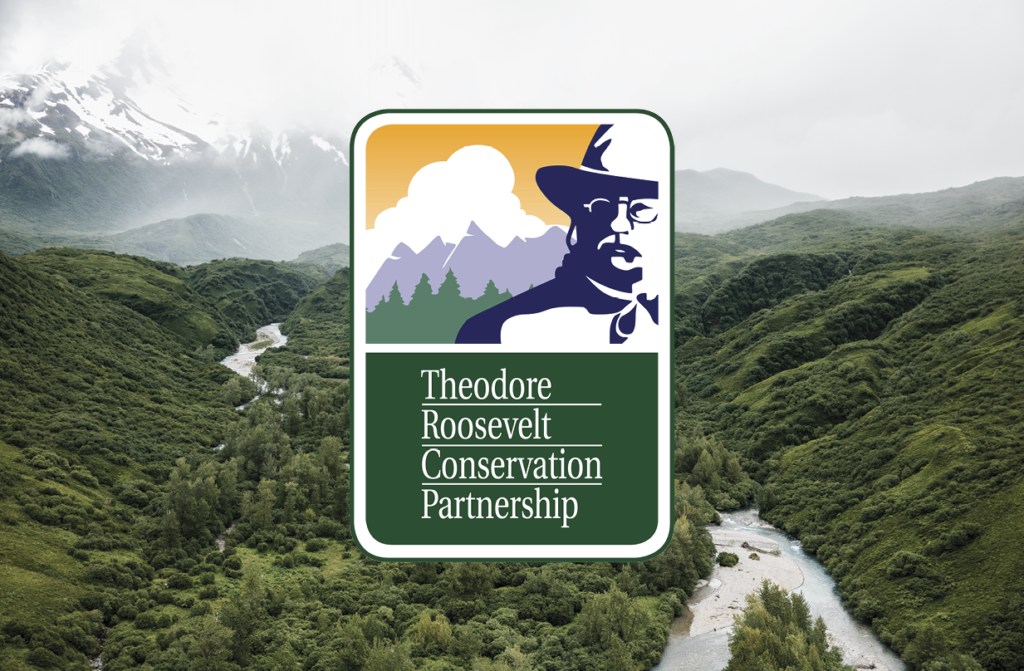The unquestionable impacts of climate change are affecting the places where you hunt and fish
A new report from the United Nations’ Intergovernmental Panel on Climate Change (IPCC) says that climate change is already affecting every inhabited region across the globe. This leaves no question that fish and wildlife habitat in the U.S. is experiencing impacts.
This should come as no surprise to the hunting and fishing community that has long been on the front lines of climate change and working to adapt to the effects. Extreme drought, sea-level rise, flooding, and catastrophic fire are climate-driven events that have increasingly become a part of our daily lives and threaten our hunting and fishing heritage.
Warming temperatures and drought in the Prairie Pothole Region and other waterfowl habitats have dried up wetlands and shortened wet seasons. Sea levels continue to rise, displacing critical marshlands along with fish spawning grounds. Largescale flooding and record-high king tides have caused saltwater to move into lakes and rivers, increasing salinity and decreasing freshwater trout and salmon populations. Meanwhile, big game like deer and elk are experiencing concurrent heatwaves, drought, and fire conditions, further challenging migration and altering seasonal habitat.
The IPCC’s reports provide governments with the objective scientific information needed to develop climate policies. The data in this assessment—the sixth overall and the first since 2014—made it clear that quick and dramatic actions are required at national, state, and local levels to limit carbon dioxide and other greenhouse gas emissions.
Truly comprehensive climate legislation must address this and include expanded roles for our nation’s water- and land-based systems that could mitigate at least 20 percent of our carbon emissions. The Senate recently passed the bipartisan Infrastructure Investment and Jobs Act, which represents a significant investment in infrastructure. The TRCP advocated for several critical provisions in the legislation that will improve habitat through nature-based solutions.
The IPCC will release two more reports in 2022 to further expand on the data and offer adaptation and mitigation recommendations, but we can’t afford to hesitate. The TRCP is already leading a coalition of 40 other hunting, fishing, and conservation nonprofits to advance land- and water-based climate solutions that mitigate the impacts of climate change and in improve habitat along the way. In July 2020, the coalition released the Sportsmen & Sportswomen Climate Statement centered around seven focus areas: adaptation; agriculture; coastal resilience; forests, rangeland, and grassland; rivers, lakes, and streams; oceans; and wetlands. Many of the solutions we’ve identified for climate are conservation projects that also provide better hunting and fishing opportunities.
Stay up to date with the TRCP as we track legislation that would help improve habitat, limit harmful emissions, and capture or sequester carbon to combat climate change. And if your hunting or fishing has been affected by climate change, tell us how.



























